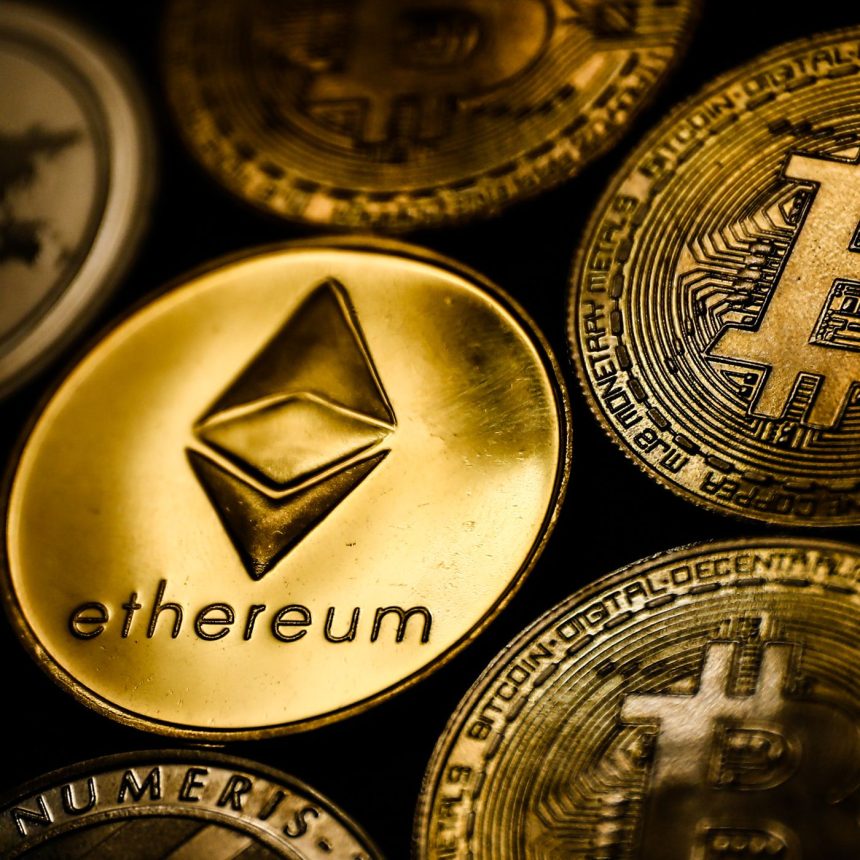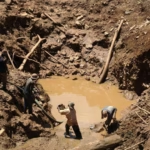While this article is looking at the government’s effort to regulate DAO in Australia, it would be improper not to explain what are DAOs. The DAO is a new kind of organizational structure that has been built with blockchain technology. It can be described as either an online co-op or group chat where the group has its own bank account. DAO has come to the limelight once again as Australia’s lawmakers announced a move to regulate decentralized autonomous organizations. Senator Bragg announced this development, and it was one of many rounded plans for the decentralized finance space. Other plans include crypto wallet registration and licensing. According to him, the plan is made considering the Australian citizens and the safety of their investments.
The act, also known as the digital service act, was announced to have four major traits: being technologically neutral, government-run, flexible, but with some firm principles, and regulated by an appointed unbiased government official.
If we are being honest, all these plans are good, but the intent is what would not make these plans work. The Australian government is looking to bring a decentralized organization to mirror a centralized framework; not only will there be conflicts of interest, but there will also be many execution overlaps.
One of the possible overlaps will be in the area of taxes. Senator Bragg explained that the structures of DAOs are a big threat to the government’s revenue through taxes. The number of these organizations may be little now, but if many Australian organizations become DAOs, it would be checkmate for the government. Laws have to be enacted to tax decentralized autonomous organizations. DAOs are registered as partnerships and hence, are not obligated to answer companies’ taxes in the country. With almost a fifth of the government revenue coming from tax, a mass exodus of companies to become DAOs will be brutal.
The question is simple, but the answer is not so direct
Under the commonwealth law, which Australia operates, members of a partnership pay taxes; though the partnership itself is not taxed, the individual returns from the partnership are taxed. While we understand that senator Braggs is driving at regulating DAOs by classifying them as companies, the concept of blockchain already relieves the government of the third-party responsibility.
From time immemorial, the role of government with industry is ensuring compliance, keeping records, and authenticity. Which of these is not already performed by the blockchain? None
The blockchain, which makes DAos different from corporations, or other partnerships, is even better than using registries. First, the cost of maintaining infrastructures is zero, and the blockchain automates the record of every activity done in an organized and structured manner.
Also, if they are to be regulated, how much is too much? Looking at the history of DAOs that went down the route of government regulation, the end of them were not palatable.
Should the government at least attempt regulation?
The ball is in their court, but a good understanding of the blockchain technology will not only help them channel their energy right, but it will also benefit the DAO community.
Contrary to what many believe, Blockchain technology was not invented by Satoshi Nakamoto. Satoshi leveraged blockchain technology to create the first crypto, bitcoin. While bitcoin has proven to be secure, the underlying technology behind it is not fully reliable. Some private ledgers are being misinterpreted for blockchain, and here is one place the government can come in. These private ledgers are not immutable, nor are they decentralized. They are designed to be centralized with layers of governance. While adept people know these, the majority of people coming into DAOs do not.
Another area of concern is in the number of nodes on a network. The security on a network with eight nodes will differ from that with eight million nodes. The more the nodes, the more secure the network. The government can come in here, by introducing standards to help people understand these and know which nodes they are entering into.
The government can also make compliant rules of conduct. Any Australian DAO will build their algorithm with these in mind, and any flaunt can be legally addressed by the government.
DAOs and codes
One thing that makes DAOs unique is the respect for codes. The rules, responsibilities, and terms of conditions are written in a smart contract. When there is a disparity between the written code and human instructions, the codes will reject the commands.
Blockchain records cannot be edited, and it would be an anomaly if lawmakers tried to lord a human command over the written code.
There has been much debate about how emerging digital economies affect society in general–and individuals within them specifically. The opinion between those two camps can vary greatly; some people feel like they’re losing control while others see opportunity ahead with new advancements coming out every other week! But regardless, there needs only one thing: equal access across all platforms so everyone could get their fair chance. Since blockchain is a part of the emerging technology, there should be enough room to experiment to see the best way forward. It isn’t a mandatory organization, and if it fails, we have traditional businesses and organizations to fall back to.
In case you are looking to leverage another arm of blockchain technology, trading cryptocurrencies, Redot is one good place to start your trading adventure.














